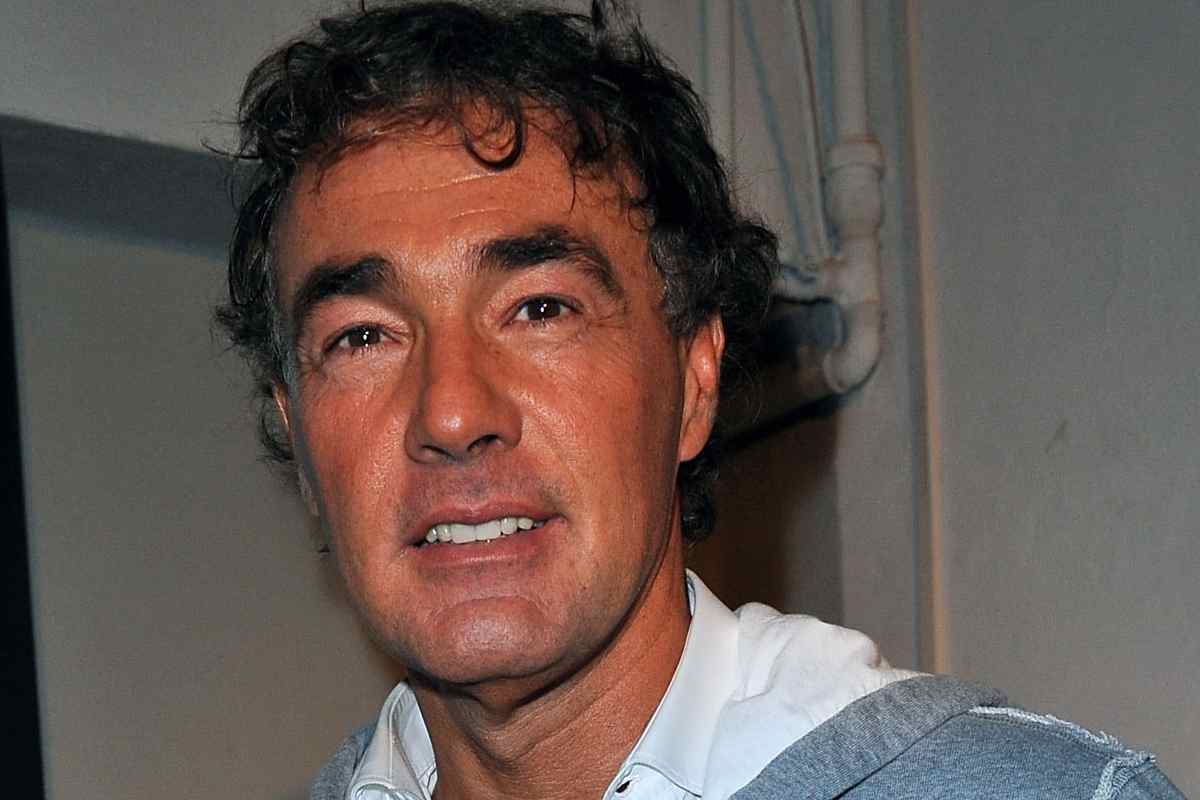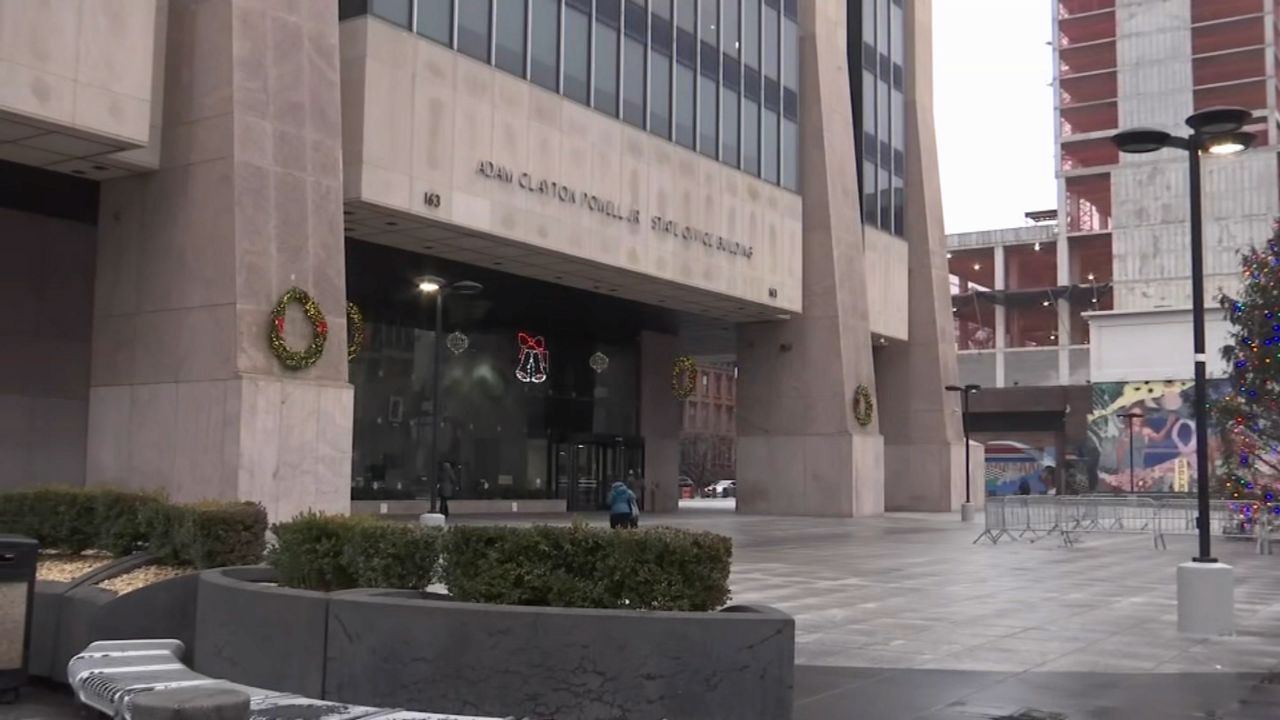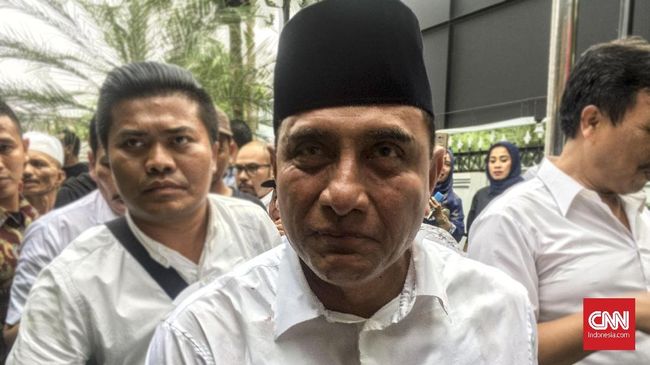Investigations can disrupt the lives of those who lead them. Massimo Giletti knows this well. His life changed from day to day. That’s how.
Life as a journalist isn’t always simple. There may be arguments and situations that can mark one’s life in some way. The maximum case we can think of today is that of Roberto Saviano. Or, going back in time, to the case that led to the death of Giancarlo Siani. In short, there are events that mark terribly.
Today, we talk about similar situations Massimo Giletti. Known journalist and presenter of the program “Non è l’Arena”. His program often carries very strong arguments. The inquiries are always on the edge because they touch on issues and people who have a certain type of power.
Just one of the investigations brought to the light of the sun, changed his life. Now he lives one way totally changed compared to the past. Probably, the Piedmontese journalist is experiencing a situation of no return. Let’s see together what it is.
What studies has Massimo Giletti done? Here is his particular path
Massimo Giletti under guard: today he lives like this
The investigation that Massimo Giletti and his editorial team was carrying out concerned the mafia. In this case, there was talk of numerous bosses released from prison for the Covid emergency, some were al 41 to. Many will remember it because it was a major topic for a long time. As we see, a topic that is for many inaccessible.
Since that investigation, the Turin journalist has received heavy threats from a subject in question. The threats soon passed to a very serious measure. This is the escort for Giletti. In fact, for almost a year and a half, the reporter lives under protection. Despite this, however, he never stopped to conduct and unveil inquiries, even delicate.
Massimo Giletti strong criticism of his rival on TV: strong words
In his interview with “Tv, Sorrisi e Canzoni” he made very important statements. Words that make it clear that, despite the situation, we must go on even if, in the end, there is a hint of discouragement. Here’s what he said: “I always thought you shouldn’t turn your head away. I do not see why now, that I am under guard, I should no longer tell what is around us. The question I ask myself is: ‘Why am I only doing it?“.
–


